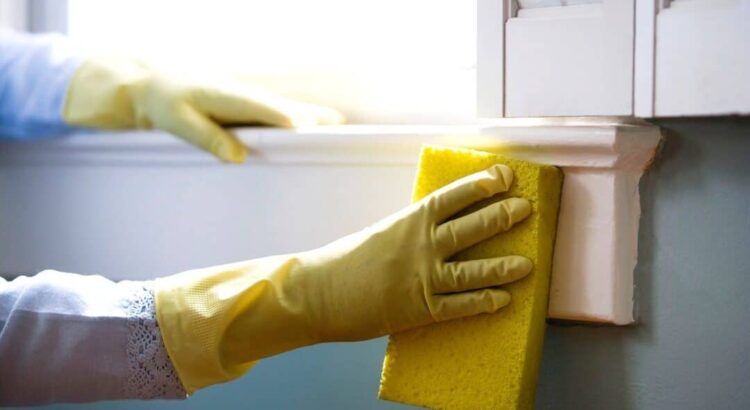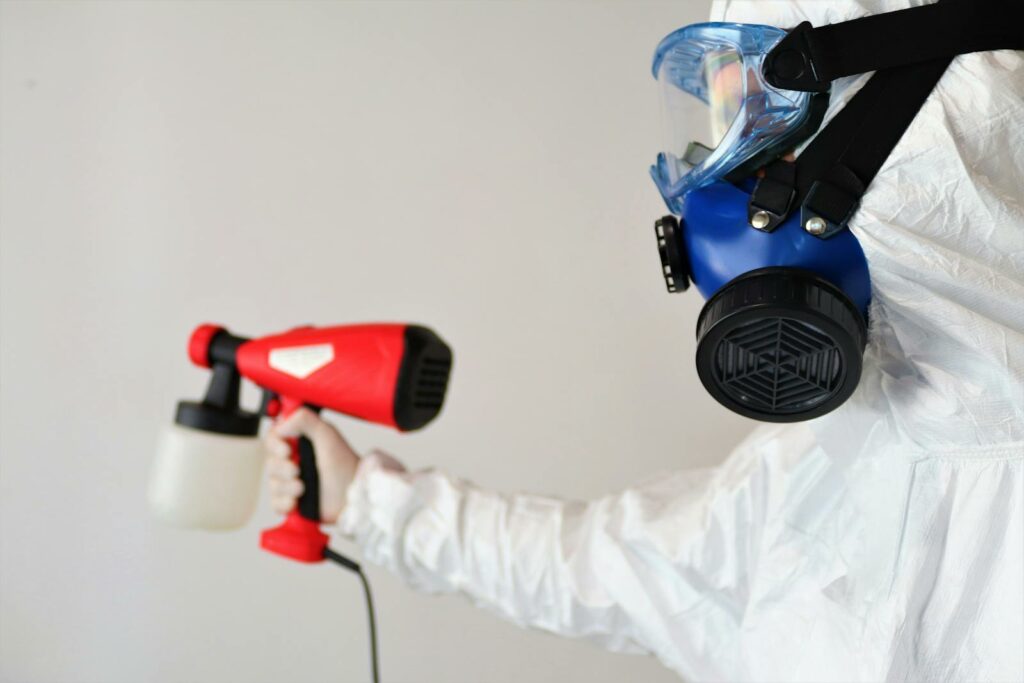
Hey there, do you smell that musty odor in your home? Chances are, you’ve got a mold problem. But fear not, because in this article we’ve got all the tips and tricks you need to banish that pesky mold for good. From natural remedies to professional-grade cleaners, we’ve got the lowdown on how to keep your home mold-free and fresh. So get ready to say goodbye to those unsightly spores and hello to a clean, healthy living space. Let’s dive into the world of mold removal and cleaning tips!
Table of Contents
- Unmasking Mold: Your Hidden Household Invader
- The Mold Battle: Choosing Your Best Cleaning Weapons
- Eco-Friendly Fungi Fighters: Green Solutions for Mold Removal
- Outsmarting Spores: Preventative Measures to Keep Mold at Bay
- Mold Myths Debunked: Separating Fact from Fiction in Mold Removal
- Targeting Trouble Spots: Room-by-Room Mold Cleaning Tactics
- DIY Vs. Professional Mold Assassins: When to Call in the Cavalry
- Breathe Easy: Enhancing Air Quality Post-Mold Removal
- The Moisture Menace: Tackling the Root Cause of Mold Growth
- After the Attack: Maintaining a Mold-Free Sanctuary
- Questions & Answers for mold removal, mold cleaning tips
- The Way Forward
Unmasking Mold: Your Hidden Household Invader
Identifying the Problem
When it comes to mold, identifying the problem is the first step to getting rid of it. Mold can grow in damp, dark areas of your home, such as bathrooms, basements, and under sinks, and can cause a variety of health issues if left unchecked.
Some signs that you may have a mold problem include a musty odor, visible mold growth, and health symptoms such as sneezing, coughing, or congestion. It’s important to take prompt action to address any mold issues in your home to protect your family’s health and prevent further damage to your property.
DIY Mold Removal
If you have a small area of mold in your home, you may be able to tackle the problem yourself with some basic mold cleaning tips.
First, you’ll want to address the source of the moisture that’s causing the mold to grow. This may involve fixing a leak, improving ventilation, or addressing humidity issues in your home. Once the source of the moisture is under control, you can begin the process of removing the mold.
Use a mixture of water and detergent to scrub the mold off of surfaces, and then thoroughly dry the area to prevent regrowth. It’s important to wear protective gear, such as gloves and a mask, when cleaning mold to avoid exposure.
Professional Mold Remediation
In some cases, mold problems may be too large or extensive for a DIY approach. If you have a significant mold problem in your home, it’s best to seek the help of a professional mold remediation company. These experts have the knowledge and equipment to thoroughly remove mold and prevent it from coming back.
While professional mold remediation may be more costly than a DIY approach, it can give you peace of mind knowing that the problem has been fully resolved. Be sure to get quotes from several different companies and ask for references before choosing a mold remediation specialist.
The Mold Battle: Choosing Your Best Cleaning Weapons
When it comes to battling mold in your home, having the right cleaning weapons is essential for winning the fight. Mold removal requires a combination of effective products and techniques to ensure that the mold is not only removed but also prevented from coming back.
Here are some tips and recommendations for choosing the best cleaning weapons to combat mold.
Identify the Type of Mold
Before you start cleaning, it’s important to identify the type of mold you’re dealing with. Different types of mold may require different cleaning methods and products.
Some common types of mold include:
- Aspergillus: This mold that can show up both inside and outside your place, especially in warm, damp spots. You might find it in soil, compost, or even hanging out on old food. You can also breathe it in or touch it without even realizing it! But watch out, because for some folks, especially those with a weaker immune system, it can stir up some trouble.
- Cladosporium: This mold is pretty common and tends to pop up in places with a lot of moisture. It will look like dark, ink-like stains. Breathing it in might make it a bit harder to catch your breath, especially if you’ve already got some breathing issues going on.
- Stachybotrys chartarum (black mold): Now, let’s talk about black mold, the heavyweight champion of mold troublemakers. It thrives in places that have taken a hit from water damage, like leaky roofs or flooded basements. Picture this – it’s black, slimy, and gives off this musty smell. Not a good idea to breathe it in. It can make you pretty sick, especially if you’re already dealing with breathing problems. If you find black mold lurking around, it’s best to fix those leaks pronto and get a pro to clean it up safely.
Once you know the type of mold present, you can choose the most effective cleaning products for the job.
Effective Cleaning Products
There are various cleaning products available to combat mold, but not all are equally effective. Some popular options for mold removal include:
| Product Name | Pros | Cons |
|---|---|---|
| Bleach | Affordable and readily available | Harsh fumes and potential damage to surfaces |
| Vinegar | Natural and non-toxic | May not be as effective on porous surfaces |
| Commercial Mold Removers | Specifically designed for mold removal | Can be expensive |
It’s important to consider the pros and cons of each product and choose the one that best suits your needs and the type of mold you’re dealing with.
Prevention Techniques
In addition to removing existing mold, it’s important to take steps to prevent it from coming back. Some prevention techniques include:
- Controlling humidity levels
- Improving ventilation
- Using mold-resistant products
By incorporating these prevention techniques into your cleaning routine, you can effectively combat mold and keep it from returning.
Eco-Friendly Fungi Fighters: Green Solutions for Mold Removal
When it comes to mold removal, it’s important to consider eco-friendly solutions that are safe for both the environment and your health. Luckily, there are a variety of green options available that effectively combat mold without harmful chemicals.
Here are a few mold cleaning tips to help you tackle the issue in an environmentally conscious way:
1. Vinegar: Vinegar is a natural, non-toxic solution that is effective at killing mold and preventing its return. Simply pour white vinegar into a spray bottle and apply it directly to the affected areas. Let it sit for an hour, then scrub the mold away with a brush and rinse the area with water.
2. Tea Tree Oil: Tea tree oil is a powerful antifungal agent that can be used to clean mold. Mix 1 teaspoon of tea tree oil with 1 cup of water in a spray bottle and spray it onto the moldy areas. Let it sit for a few hours, then wipe away the mold with a damp cloth.
3. Hydrogen Peroxide: Hydrogen peroxide is an effective and eco-friendly mold remover. Pour 3% hydrogen peroxide into a spray bottle and apply it to the moldy surfaces. Let it sit for 10 minutes, then scrub away the mold and rinse the area with water.
These eco-friendly mold removal solutions are not only safe for the environment, but also safe for your family and pets. By using these natural alternatives, you can effectively eliminate mold and create a healthier living environment for everyone.
| Product | Description |
|---|---|
| Vinegar | Natural, non-toxic mold remover |
| Tea Tree Oil | Powerful antifungal agent |
| Hydrogen Peroxide | Effective and eco-friendly mold remover |
Outsmarting Spores: Preventative Measures to Keep Mold at Bay
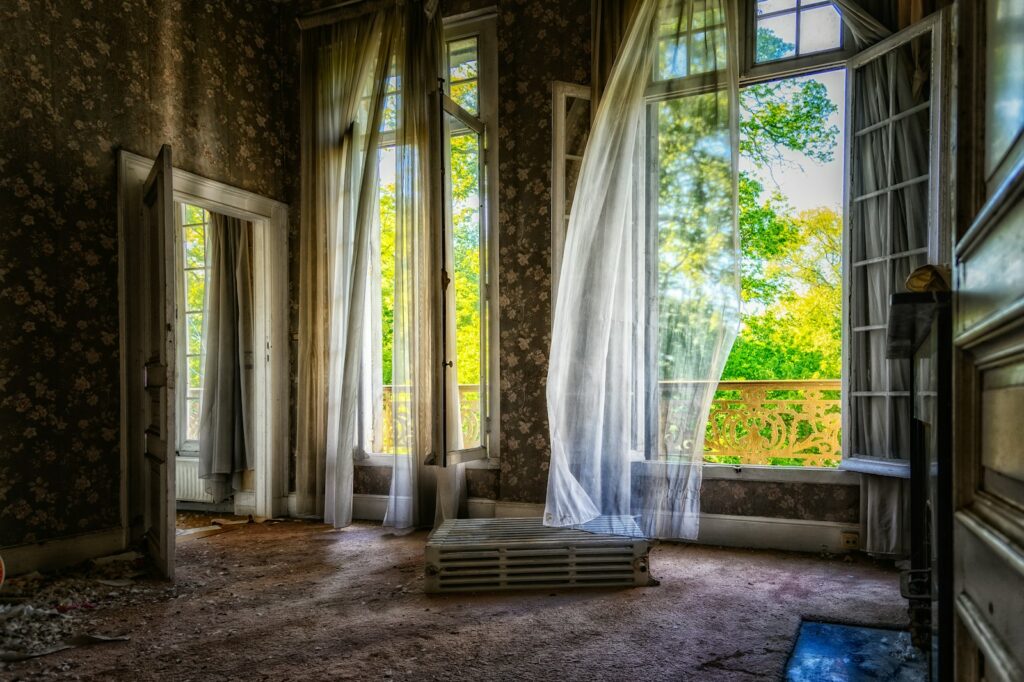
Mold is a pesky problem that can wreak havoc on your home and health if left unchecked. The good news is that there are several preventative measures you can take to outsmart those stubborn spores and stop mold from taking hold in the first place.
1. Keep it Dry
- Fix Leaks: Inspect your home for any leaks and fix them promptly. Whether it’s a dripping faucet, a damaged roof, or a cracked foundation, any source of moisture can lead to mold growth.
- Use a Dehumidifier: If your home tends to be on the humid side, consider using a dehumidifier to keep moisture levels in check.
2. Improve Ventilation
- Use Exhaust Fans: Make sure your kitchen and bathroom are equipped with exhaust fans to draw out damp air.
- Open Windows: Letting fresh air circulate through your home can help prevent moisture buildup.
3. Regular Maintenance
- Clean Gutters: Clogged gutters can lead to water seeping into your home, so make sure to clean them out regularly.
- Inspect and Clean HVAC Systems: Mold can easily grow in ducts and vents, so regular inspection and cleaning of your HVAC system is crucial.
By following these simple preventative measures, you can outsmart spores and keep mold at bay, ensuring a healthier and happier home for you and your family. Remember, prevention is key when it comes to mold, so don’t wait until it’s too late to take action.
Mold Myths Debunked: Separating Fact from Fiction in Mold Removal
Separating Fact from Fiction in Mold Removal
When it comes to mold removal, there are a lot of myths floating around that can make the process more confusing and difficult than it needs to be. Here, we’ll debunk some of the most common myths to help you get a clearer picture of what mold removal really entails.
Myth #1: Bleach Kills Mold
Contrary to popular belief, bleach is not the most effective solution for mold removal. While it may temporarily kill the mold on the surface, it doesn’t penetrate to the root of the problem. Instead, opt for professional mold-cleaning products that are specifically designed to eliminate mold at its source.
Myth #2: Mold Only Grows in Wet Areas
While it’s true that mold thrives in damp environments, it can actually grow in a variety of conditions. From high humidity to poor ventilation, mold can take hold in unexpected places. It’s important to be vigilant and regularly inspect all areas of your home, not just the traditionally moist ones.
Myth #3: All Mold is Harmful
Not all molds are created equal, and not all of them pose a significant health risk. While some types of mold can be dangerous, others are relatively harmless. This is why it’s important to accurately identify the type of mold in your home before taking any action. Consider contacting a professional mold-inspection service to ensure that you’re dealing with the right type of mold in the right way.
| Pros | Cons |
|---|---|
| Effective in debunking common mold myths | Might encourage a more cautious approach to the issue |
| Provides practical tips for mold removal | Could be perceived as too technical by some readers |
| Engaging and informative content | Potential need for additional sources or citations |
By debunking these myths, we hope to provide you with the knowledge and confidence you need to tackle mold removal in your home. Remember, the key is to stay informed and take appropriate action to address any mold issues promptly and effectively. For more information, consider reaching out to a professional mold removal service for personalized assistance.
Targeting Trouble Spots: Room-by-Room Mold Cleaning Tactics
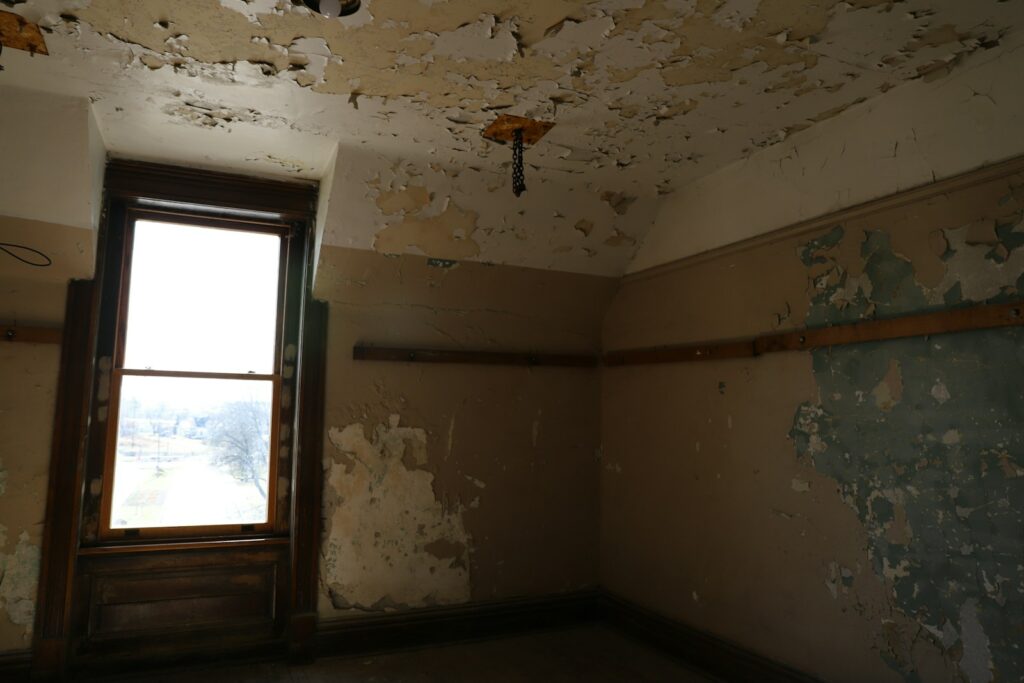
Bathroom Mold Cleaning Tactics
- When it comes to targeting mold trouble spots in the bathroom, it’s important to tackle the issue head-on with the right tactics.
- Begin by ventilating the room to ensure proper airflow and prevent moisture buildup.
- Next, scrub the affected areas with a mixture of water and detergent, using a stiff brush to remove the mold.
- For stubborn mold stains, apply a solution of bleach and water and let it sit for a few minutes before scrubbing the area again.
- Finally, thoroughly dry the surfaces to prevent future mold growth.
Kitchen Mold Removal Strategies
- Mold in the kitchen can be unsightly and harmful if not addressed properly.
- Start by inspecting and repairing any leaks or water damage that may be contributing to the mold growth.
- Clean the affected areas with a mixture of vinegar and water, as vinegar is a natural mold killer.
- For tile grout and stubborn stains, consider using a commercial mold remover specifically designed for kitchen surfaces.
- Ensure proper ventilation and moisture control to prevent mold from returning.
Bedroom Mold Cleaning Techniques
- Mold in the bedroom can be a health hazard and cause sleep disturbances.
- Regularly inspect and clean the bedroom to prevent mold growth.
- Use a vacuum cleaner with a HEPA filter to remove mold spores from carpets and upholstery.
- Additionally, wash bedding and curtains in hot water to eliminate mold spores.
- Keep the bedroom well-ventilated and dry to discourage mold from taking hold.
DIY Vs. Professional Mold Assassins: When to Call in the Cavalry
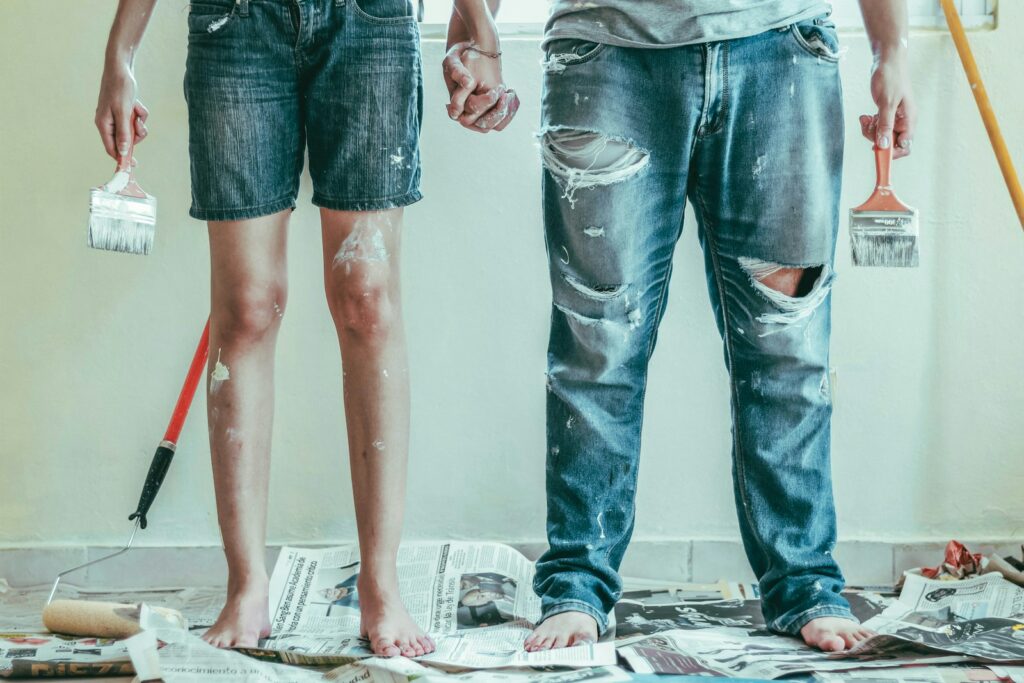
So, you’ve spotted some mold in your home and now you’re faced with the decision of whether to tackle it yourself or bring in the professionals.
Here’s a guide to help you determine the best course of action.
DIY Mold Removal
If the mold growth is limited to a small, easily accessible area, then DIY mold removal may be a viable option.
Here are some tips for tackling mold on your own:
- Use a mixture of water and detergent to scrub the mold off hard surfaces.
- Use a solution of bleach and water to kill mold on non-porous materials.
- Make sure to wear protective gear, such as gloves and a mask, to avoid exposure to mold spores.
Professional Mold Removal
If the mold growth is extensive, hidden, or in a hard-to-reach area, it’s best to call in the professionals. Here’s why:
- Professionals have the necessary equipment and expertise to safely and effectively remove mold.
- They can identify the source of the mold and address any underlying issues to prevent future growth.
- Hiring a professional can give you peace of mind knowing that the job will be done thoroughly and correctly.
| DIY Mold Removal | Professional Mold Removal |
|---|---|
| Low cost | Higher cost |
| Limited to small, accessible areas | Able to tackle extensive and hidden mold |
| Requires time and effort | Saves time and effort |
When it comes to mold removal, it’s important to consider the extent and location of the mold growth, as well as your own experience and comfort level. Whether you choose to tackle it yourself or bring in the cavalry, the most important thing is to address the issue promptly to protect your home and your health.
Breathe Easy: Enhancing Air Quality Post-Mold Removal
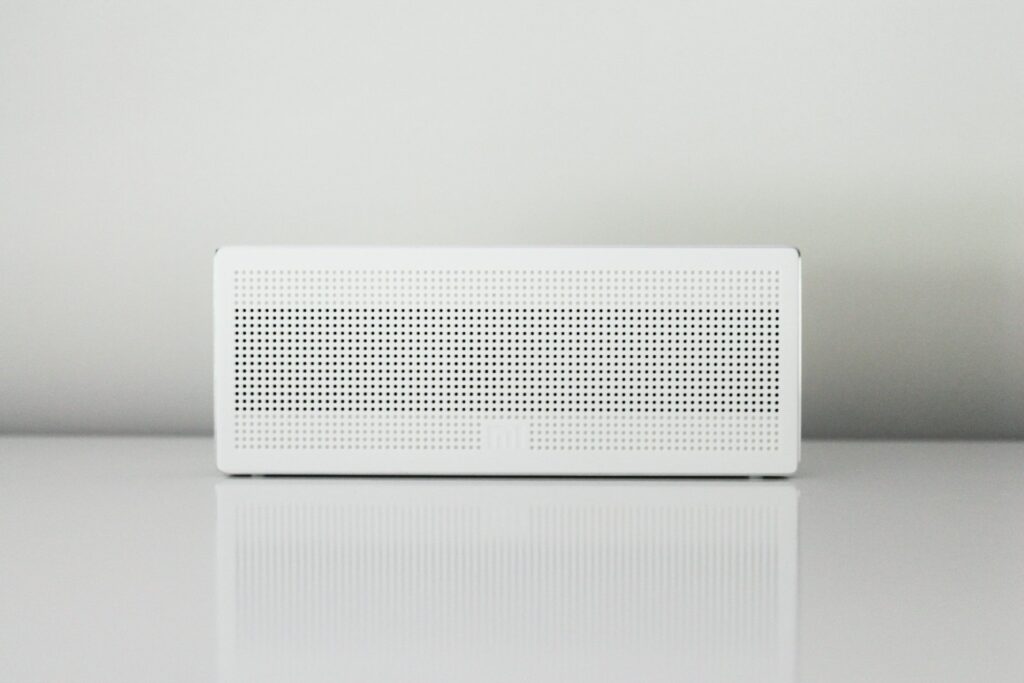
Unfortunately, dealing with mold in your home can often lead to a decrease in air quality. However, once the mold has been removed, there are several steps you can take to enhance the air quality in your home and ensure that you and your family can breathe easy once again.
1. Proper Ventilation: One of the most important steps in enhancing air quality post-mold removal is to ensure proper ventilation in your home. This can be achieved by installing exhaust fans in areas prone to moisture, such as bathrooms and kitchens. Opening windows and allowing fresh air to circulate can also be beneficial.
2. Air Purifiers: Investing in a high-quality air purifier can help to eliminate any remaining mold spores in the air, as well as other pollutants and allergens. Look for a purifier with a HEPA filter to ensure the best results.
3.Humidifier: Maintaining the right level of humidity in your home is crucial for air quality. A humidifier can help to prevent mold growth and improve respiratory health. Be sure to monitor humidity levels and keep them between 30-50%.
By following these tips, you can effectively enhance the air quality in your home post-mold removal and create a healthier living environment for you and your family. Remember, proper ventilation, air purifiers, and humidity control are key factors in ensuring that you can breathe easy and enjoy clean, fresh air in your home.
The Moisture Menace: Tackling the Root Cause of Mold Growth
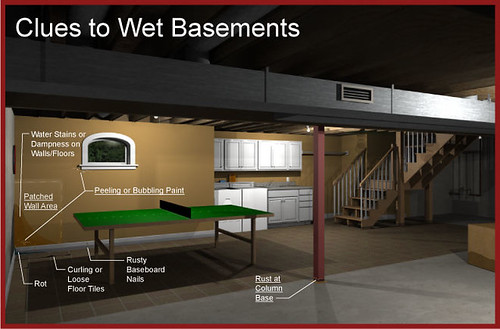
Identifying and Eliminating Moisture Sources
Moisture is the breeding ground for mold, and tackling the root cause is essential for effective mold removal and prevention. Here are some steps to help you identify and eliminate moisture sources in your home:
- Inspect Your Home: Look for signs of water leaks, condensation, or dampness in areas such as bathrooms, kitchens, basements, and attics.
- Repair Leaks: Fix any leaks in plumbing, roofing, or windows to prevent water from entering your home.
- Improve Ventilation: Ensure proper ventilation in high-moisture areas by using exhaust fans, opening windows, and using dehumidifiers.
- Monitor Indoor Humidity: Keep indoor humidity levels below 60% to discourage mold growth.
Cleaning and Removing Mold
Once you’ve addressed the moisture issue, it’s time to tackle the existing mold growth in your home. Follow these steps to effectively clean and remove mold:
- Protect Yourself: Wear protective gear such as gloves, goggles, and a mask to avoid exposure to mold spores.
- Use Effective Cleaning Solutions: For non-porous surfaces, use a solution of water and detergent or a commercial mold cleaner. For porous materials, consider professional help for effective mold removal.
- Dry and Disinfect: After cleaning, thoroughly dry the area to prevent future mold growth. Then, disinfect the surfaces with a solution of water and bleach.
Prevention and Maintenance Tips
Preventing mold growth requires ongoing maintenance and vigilance.
Here are some tips to keep your home mold-free:
- Regular Inspections: Periodically inspect your home for signs of moisture and mold growth.
- Proper Maintenance: Keep gutters clean, repair roof damage, and maintain plumbing to prevent water leaks.
- Promote Air Circulation: Keep air flowing by using fans, opening windows, and using air purifiers.
- Seek Professional Help: If you’re dealing with extensive mold growth or recurring issues, consider hiring a professional mold removal service for thorough remediation.
By following these steps and incorporating these tips into your home maintenance routine, you can effectively tackle the root cause of mold growth and keep your home healthy and mold-free.
After the Attack: Maintaining a Mold-Free Sanctuary
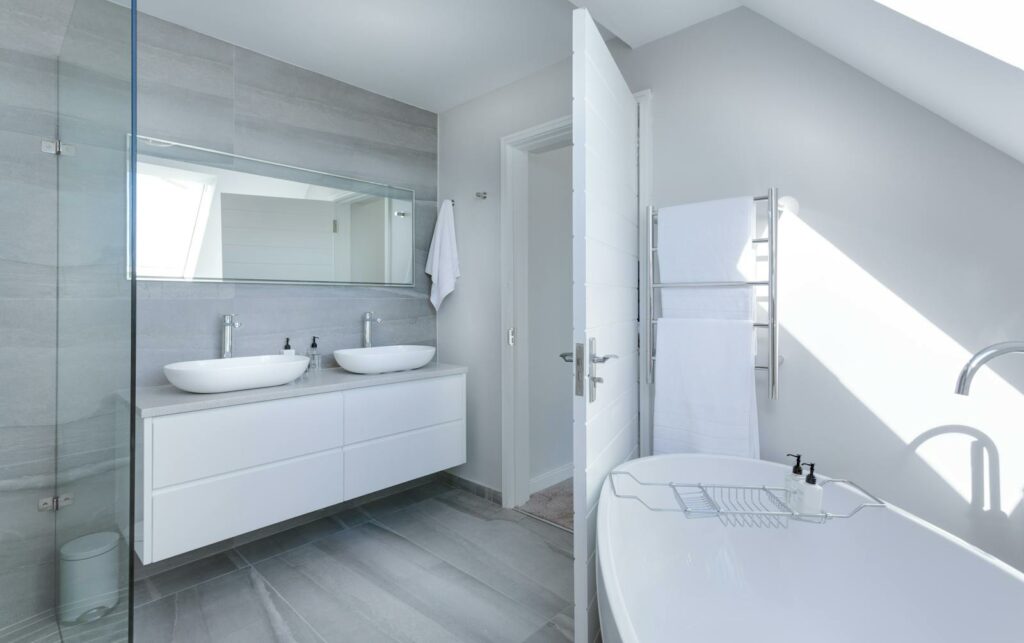
Maintaining a mold-free sanctuary after an attack can seem like a daunting task, but with the right tips and tricks, you can easily create a healthy living environment for you and your family.
Identify the Problem Areas:
The first step in maintaining a mold-free sanctuary is to identify the problem areas. Check for any signs of water damage, leaks, or condensation in your home. Pay special attention to areas such as the bathroom, kitchen, and basement, as these are common areas for mold to thrive. Once you have identified the problem areas, take the necessary steps to repair any leaks or water damage.
Clean and Dry Thoroughly:
Once the problem areas have been addressed, it’s time to clean and dry the affected areas thoroughly. Use a mixture of water and detergent to scrub the mold off hard surfaces. For porous materials such as drywall or carpet, it may be necessary to replace the affected areas. After cleaning, make sure to dry the areas completely to prevent the mold from returning.
Prevent Future Growth:
To prevent future mold growth, it’s important to keep your home clean and dry. Use a dehumidifier to reduce moisture levels in your home, especially in areas prone to dampness. Regularly clean and inspect your HVAC system to ensure that it is free of mold and mildew. Additionally, consider using mold-resistant products such as paint and insulation to further protect your home.
By following these tips, you can easily maintain a mold-free sanctuary and create a healthy living environment for you and your family. Remember, prevention is key when it comes to mold, so be proactive in addressing any signs of water damage or moisture in your home. With the right approach, you can enjoy a clean and mold-free living space for years to come.
Questions & Answers for Mold Removal
How do I know if I have mold in my house?
If you notice a musty smell, see dark spots on walls or ceilings, or experience allergy symptoms, you may have mold in your home.
Is it safe to remove mold myself?
For small areas of mold, it may be safe to remove it yourself. However, large areas of mold or toxic mold should be handled by professionals.
What are some effective mold cleaning tips?
To clean mold, use a mixture of water and detergent or a mold-killing product. Scrub the affected area with a brush and dry thoroughly afterwards.
What are the dangers of mold exposure?
Exposure to mold can cause allergic reactions, respiratory issues, and other health problems. Some types of mold can be toxic and even deadly.
How can I prevent mold from growing in my home?
To prevent mold, keep humidity levels low, fix leaks promptly, and ventilate areas prone to moisture, such as bathrooms and basements.
What should I do if I find mold in my house?
If you find mold, it’s important to take action immediately. Clean the affected area, fix any water issues, and consider seeking professional help.
Can mold affect my indoor air quality?
Yes, mold can significantly lower indoor air quality, causing respiratory issues and other health problems. Proper mold removal is essential for improving air quality.
What is the best way to remove mold from carpet?
It’s best to replace carpet that has been affected by mold, as it’s difficult to completely remove mold from carpet fibers.
Can mold come back after it’s been removed?
Unfortunately, mold can return if the underlying moisture issue is not addressed. It’s important to fix the root cause to prevent mold from coming back.
How can I find a reputable mold removal company?
To find a reputable mold removal company, ask for recommendations, check reviews, and verify that the company is licensed and insured.
The Way Forward
Well, there you have it – some top tips for dealing with mold in your home. Remember, prevention is key, so keep an eye out for any moisture or dampness and tackle it straight away. And if you do find yourself faced with a mold problem, don’t hesitate to take action. With the right tools and know-how, you can banish that mold and restore your home to its former glory. Happy cleaning!
